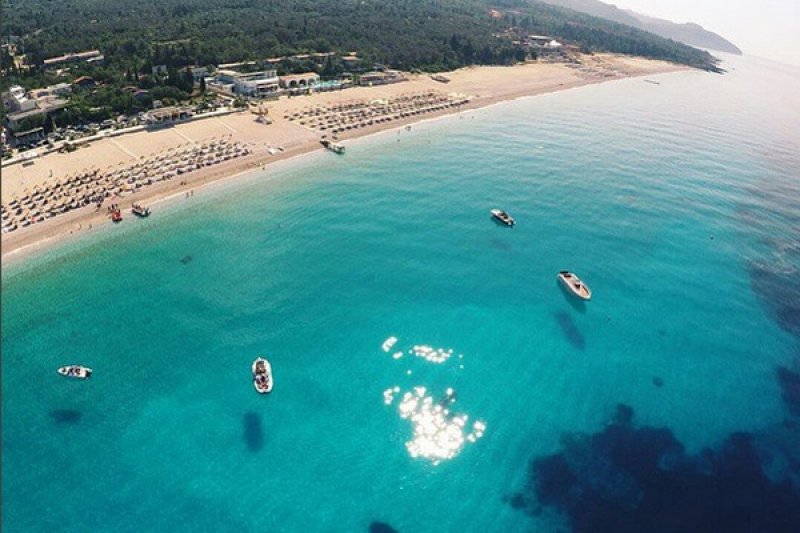Around 40% of Albanians Cannot Afford One Week Holidays in a Year
A survey of the Regional Cooperation Council, updated in the Balkan Barometer 2021, showed that 39% of households in Albania could not afford one week of vacation per year.
This percentage was higher than the regional average (38%), but North Macedonia and Montenegro had a higher percentage of the population who confirmed that they could not take annual vacations at 45% and 50%, respectively.
Kosovo was the only one in the region that had the lowest percentage of families, only 11% of them could not afford a week off a year. In the Balkans, the vast majority of survey participants do not know if they will go on holiday (69%), slightly less than a third of citizens (31%) have already planned their trip for 2021. About 10% yes plan to travel in nature or adventure, 9% of them plan to visit new cities, and 6% to visit family and friends.
The largest number of participants who are not sure if they will go on vacation during 2021 are in Serbia (88%), followed by Albania with 84%, while on the other side of the coin is Kosovo, which has registered the number lower number of respondents who do not know if they will go on vacation this year, thus reaching 30% of its entire population.
Kosovo also has the highest percentage of individuals planning to visit new cities (30%) and citizens planning an adventure trip (20%), while Montenegrin respondents (13%) plan to visit friends and their family in 2021.
The region continues to become increasingly open to arrivals from the Western Balkan community, with 42% of respondents now supporting internal migration from another regional economy.
This year’s survey also sees a 5-point drop in the ranking of respondents who are hostile (10%). Overall, since 2016, the number of survey participants supporting regional arrivals has increased by 14 points and represents a promising development in regional migration.
Albania is the most hospitable economy in the region with 49% of respondents supporting migration from within the region. Montenegro, meanwhile, recorded a 22-point drop in the number of participants open to new arrivals, jumping from the epithet of the region's most hospitable economy to the region's most non-communicative (making up 36% of the population, from 58% in 2019).
Serbia and Kosovo have the highest concentration of neutral respondents in the Western Balkans, both at 46%. Although there was little preference for tourists from other parts of the world, there is a growing percentage of citizens in the region who support more visitors from within the region.
(Source: Monitor)













